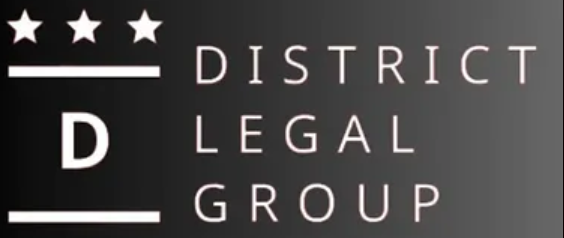What to Know Before Meeting with a Divorce Lawyer
1. Be Clear About Your Goals
Divorce isn’t just about ending a marriage — it often involves child custody, division of assets, spousal support, and more. Think about your priorities:
- Do you want to keep the family home?
- What parenting arrangement would be best for your children?
- Is financial support an issue?
Having a sense of your goals helps your attorney give you tailored advice.
2. Gather Important Documents
Your lawyer will need a clear picture of your financial and family situation. Try to collect:
- Recent pay stubs and tax returns
- Bank and investment account statements
- Mortgage and loan documents
- Prenuptial or postnuptial agreements (if any)
- Existing custody or support orders
Bringing these documents (or making a list if you can’t gather everything yet) will help your lawyer assess your case more accurately.
3. Prepare Questions Ahead of Time
Divorce can be confusing, and it’s easy to forget your questions during a stressful first meeting. Write down concerns such as:
- How does divorce work in my state?
- How is custody typically determined?
- What is the likely timeline and cost?
- What are my options for settlement vs. trial?
No question is too small — this meeting is about understanding your rights and options.
4. Be Honest About Your Situation
Your lawyer can only help you if they have the full picture. Share openly about finances, parenting issues, or past conflicts. Even difficult details (like hidden assets or substance abuse issues) are better discussed upfront so your attorney can prepare an effective strategy.
5. Understand the Consultation Process
In most cases, your first meeting will involve:
- Reviewing your background and goals
- Going over key documents
- Discussing the law in your state (Maryland or Virginia, for example)
- Outlining possible strategies and next steps
This meeting is also your chance to evaluate whether the lawyer is a good fit for you. Pay attention to whether you feel comfortable, heard, and respected.
Final Thoughts
Meeting with a divorce lawyer is the first step toward protecting your future and your family’s well-being. By preparing in advance, you’ll make the most of your time and come away with a clearer plan for what lies ahead.
If you’re considering divorce in Maryland, Virginia, or Washington, D.C., the District Legal Group is here to guide you with compassion and experienced legal counsel. Contact us today to schedule a consultation.










